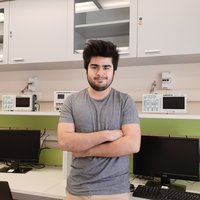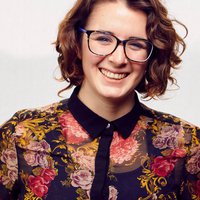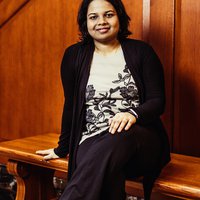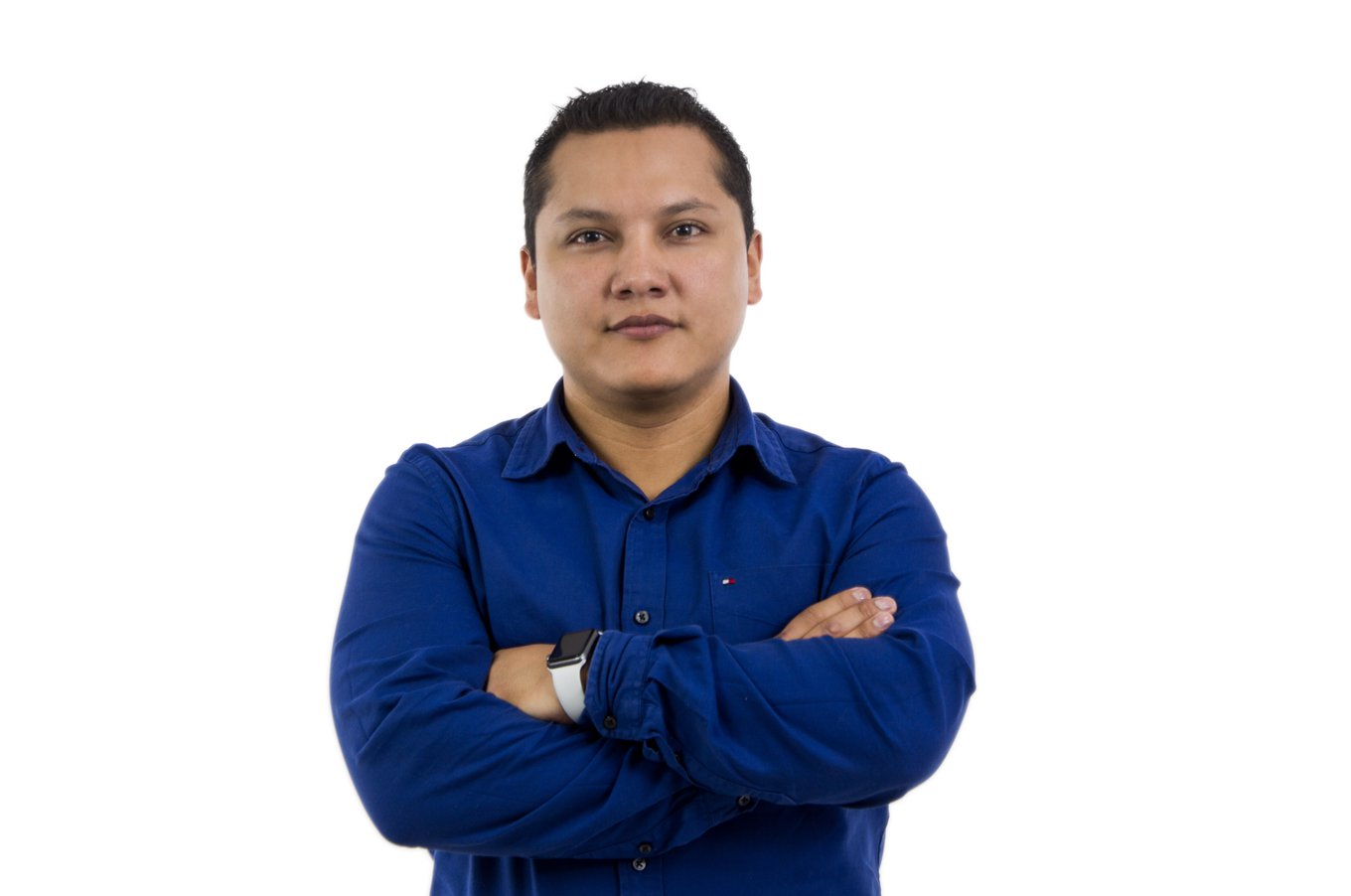Artificial intelligence & robotics
Carlos Andrés Obando
His app uses AI to help people with visual impairments to recognize objects and colors without internet

Latin America
David Trejo
Neuromorphic chips promise to amplify the capabilities in the computer sector

Global
Grace Gu
She’s using AI to help dream up a new generation of lighter, stronger materials

Global
Kimberly Stachenfeld
She used reinforcement learning to better understand problem solving in both the human brain and AI systems

Global
Himabindu Lakkaraju
Her AI program aims to weed out bias in decision making
